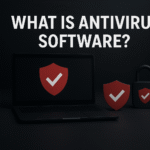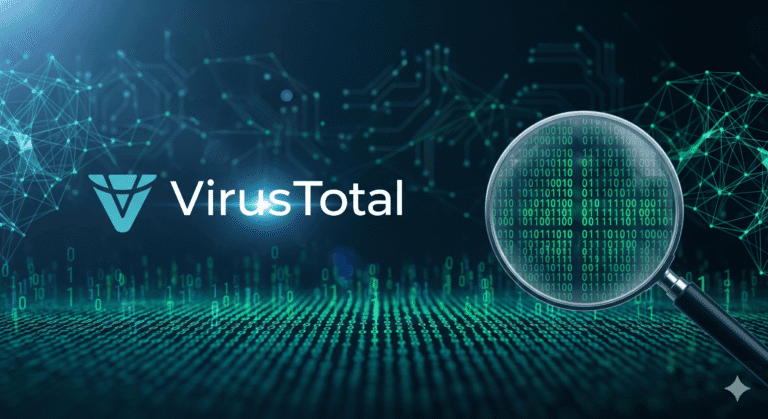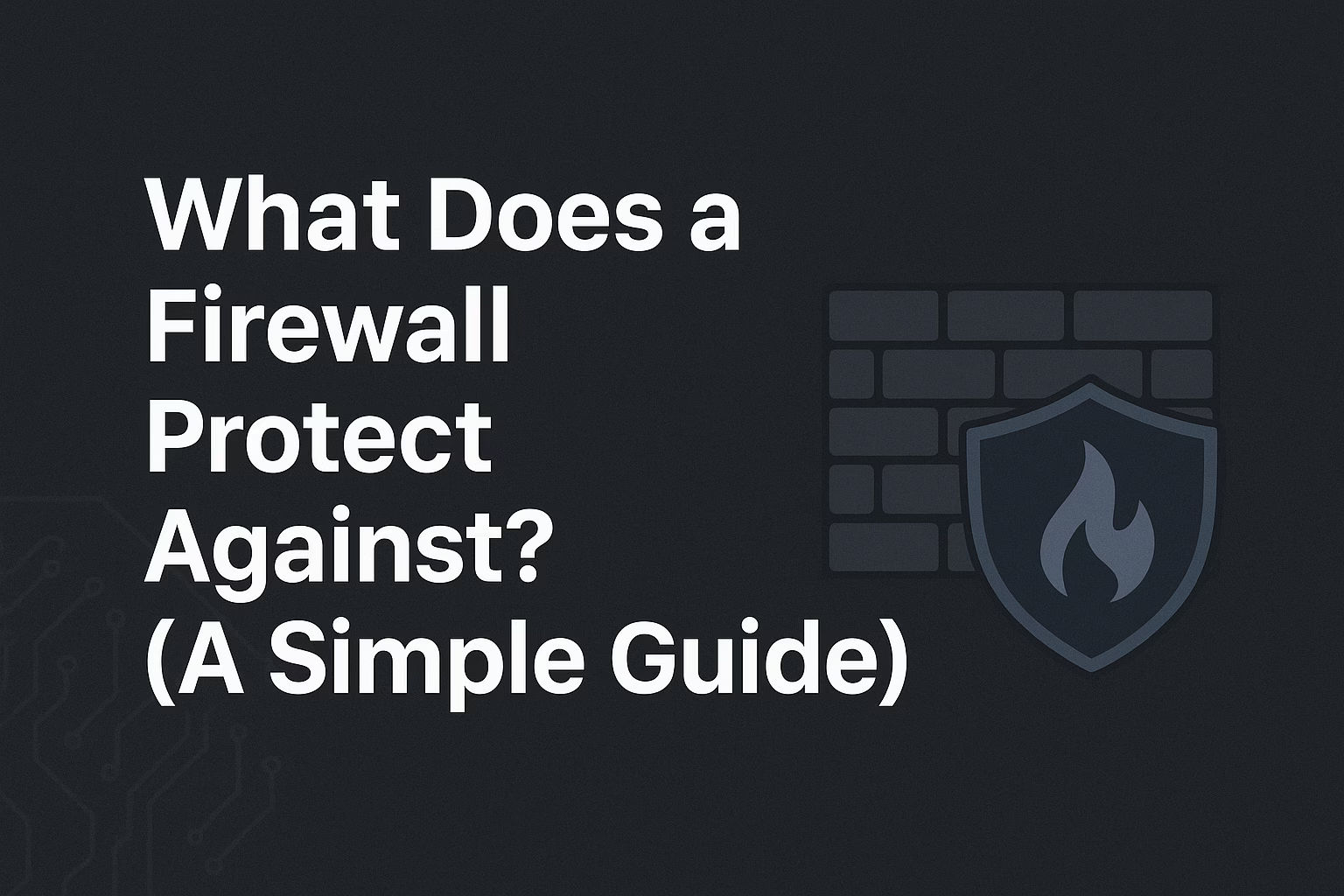In our last guide, we explored the dangerous world of malware, from viruses and worms to ransomware. The #1 tool in our defensive arsenal against these threats is antivirus software. But what is it, and how does it actually protect your devices?
Many people think of it as a simple “virus scanner,” but modern antivirus software is a sophisticated, multi-layered defense system. This guide will explain exactly what it is, how it works, and why it’s a critical component of your digital security.
What is Antivirus Software?
Antivirus software is a program designed to detect, prevent, and remove malicious software (malware) from your computers, tablets, and smartphones.
Think of it as a 24/7 security patrol and a medical lab for your computer. It constantly scans for known threats, watches for suspicious behavior, and knows how to neutralize infections before they can cause serious harm. It’s an essential, automated security guard for your digital life.
How Does Antivirus Software Work?
The magic of antivirus software lies in its two primary methods of detection.
1. Signature-Based Detection (The “Most Wanted” List)
This is the traditional and most straightforward method. Antivirus companies maintain a massive, constantly updated database of known malware “signatures”—unique digital fingerprints of every identified threat.
Your antivirus program scans the files on your computer and compares their code to this vast list of signatures. If it finds a file that matches a known malware signature, it immediately quarantines or deletes the threat. This method is incredibly effective at stopping well-known, established viruses and malware.
2. Heuristic Analysis (The “Suspicious Behavior” Detective)
But what about brand new, unknown malware (a “zero-day” threat) that isn’t on the “most wanted” list yet?
This is where heuristic analysis comes in. Instead of looking for a known match, the antivirus engine looks for suspicious behavior. It asks questions like:
- Is this program trying to modify critical system files?
- Is it attempting to encrypt all my documents without permission?
- Is it trying to access my webcam or record my keystrokes?
If a program’s behavior matches the profile of a typical malware attack, the heuristic engine will flag it as a potential threat, even if it has never been seen before.
Common Types of Antivirus Protection
When you look for antivirus protection, you’ll generally find a few different types:
- Standalone Antivirus: The classic, dedicated program focused solely on malware detection and removal.
- Internet Security Suites: Most products today are comprehensive “suites” that bundle the antivirus engine with other important security tools like a firewall, a VPN, a password manager, and anti-phishing protection.
- Built-in Protection (Like Microsoft Defender): Modern operating systems like Windows and macOS come with powerful, built-in security. Microsoft Defender, in particular, has become a very strong antivirus solution that provides a solid baseline of protection for all Windows users.
Do I Still Need Antivirus in 2025?
This is a frequently asked question, and the answer is a definitive yes, although with some complexities.
The built-in protection offered by Microsoft Defender is excellent and provides robust security for many users. For everyday activities like browsing well-known websites and checking email, it’s a powerful tool.
However, a premium, third-party antivirus suite often offers several advantages:
- Higher detection rates for the very latest threats.
- More advanced features, like dedicated ransomware protection.
- Better web protection to block you from visiting malicious or phishing websites.
- Bundled extras like a VPN, parental controls, and a password manager.
Our Recommendation: For the average user, an up-to-date Microsoft Defender combined with safe browsing habits is a strong defense. For users who want the absolute best protection or who engage in higher-risk activities (like downloading a wide variety of programs), a top-rated premium antivirus suite is a worthwhile investment.
Conclusion: Your Proactive Defense
Antivirus software is a critical, proactive tool that acts as a digital immune system for your devices. However, it is just one essential part of a complete security strategy. For the best protection, you must combine it with:
- Regular software updates.
- Strong, unique passwords.
- Vigilance against phishing attacks.
By layering your defenses, you create a formidable barrier against cyber threats.
What antivirus software do you trust? Share your recommendations in the comments below!
Ready to get your hands dirty? Subscribe to CyberTerminal to stay updated!
[INSERT_ELEMENTOR id=”1346″]




